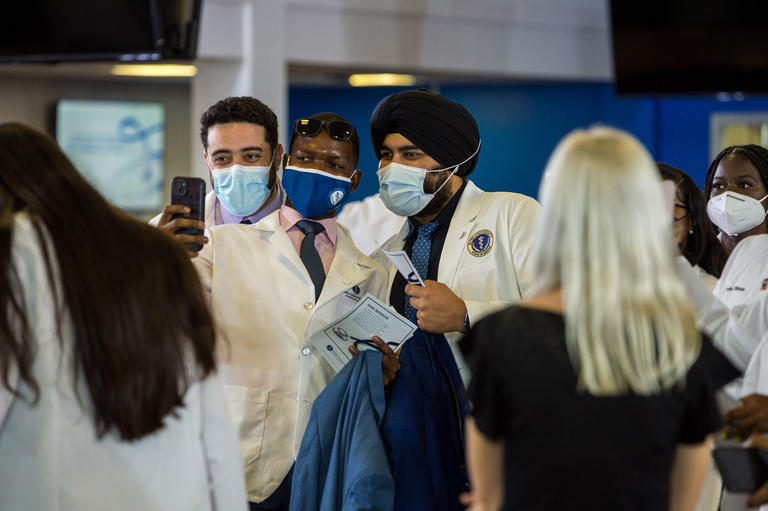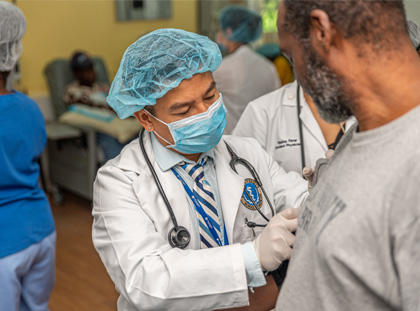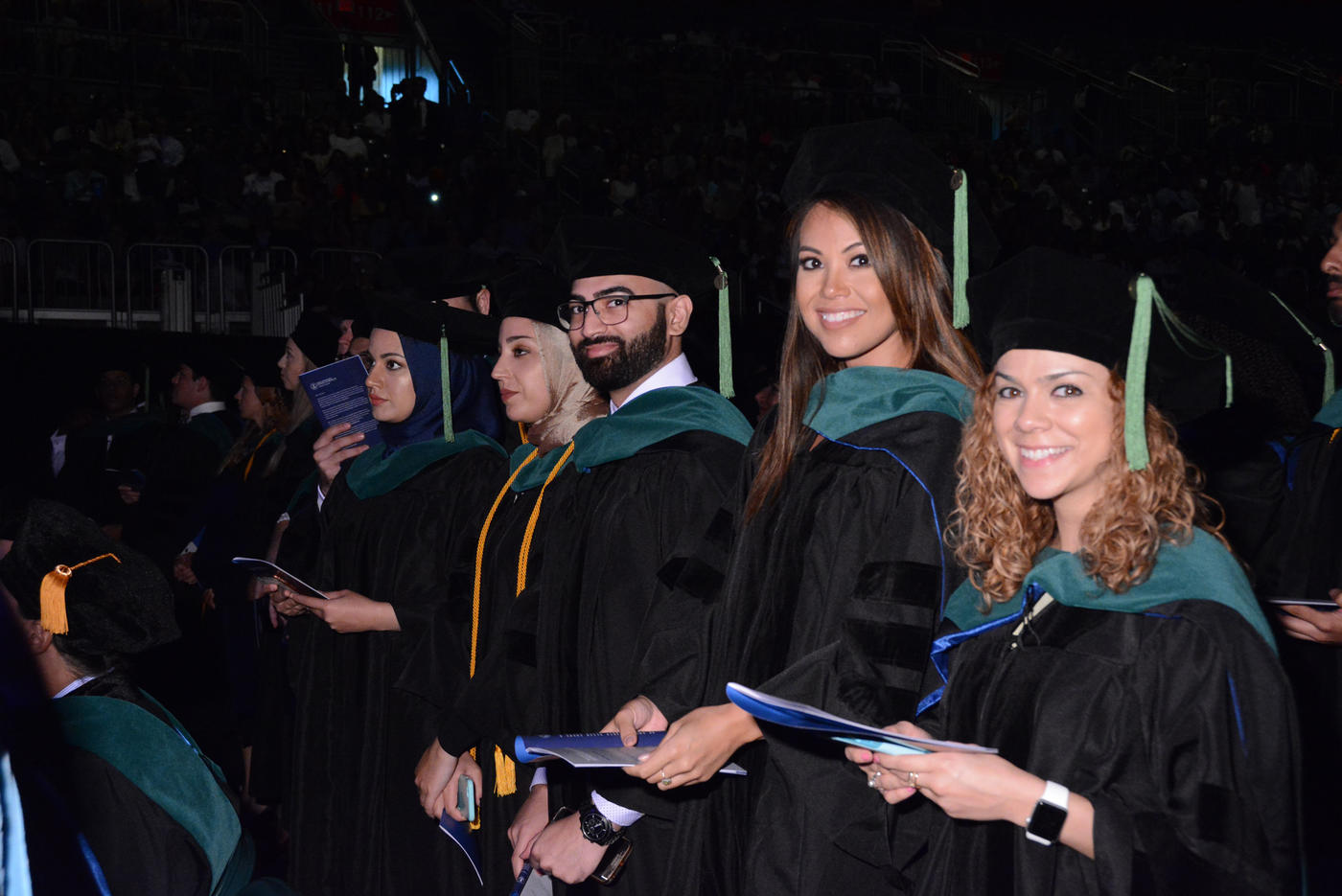As you may know, RUSM enrolls three student cohorts per year. Ultimately, exactly when you choose to begin your medical school journey is completely up to you, but know that you may get some added strategic value out of enrolling right now for our January 2023 start.
“January is an ideal time to start medical school,” says Shari Goldstein, RUSM’s associate director of admissions and former pre-medical advisor. “I wish more students were aware of the opportunity to start medical school in January, and take advantage of the flexibility it offers. It’s like having a 4-8 month head start over students who begin the following summer or fall.”
Why wait? Begin your application for RUSM’s January 2023 start.
Is it time for you to begin your journey towards becoming a physician? To help you make an informed decision, we sat down with Shari for a quick Q&A to dive deeper into the benefits of a January start at RUSM. Read the Q&A below.
Q: What are classes like for students who start in January?
Shari Goldstein: Expect smaller classes than traditional fall starts—something we see as a great benefit for our students. Not only does this mean more individualized attention from professors, but a more intimate class can help foster closer relationships with your peers. In addition, with a smaller class, you’ll have more opportunities for leadership positions within the class, as well as less competition for scholarships.
Q: Will a January start affect study time for important exams, like the USMLE®?
Shari: It will, but in a good way. Students who start in January and proceed through the program on schedule have more flexibility and time to study for the USMLE® Step 1 and 2 CK exams. In a similar vein, students also will have more time to schedule clinical electives and take part in extracurricular activities.
Q: What about residency? If I enroll at RUSM in January 2023, will that delay my residency attainment?
Shari: January 2023 students, if they proceed through the program on time, will be eligible to enter the residency attainment process at the same time as May 2023 or September 2023 students—this year, that will be 2027. The key benefit here of a January start is that you’ll finish academic study and clinical rotations much earlier than traditional September students. This frees up your schedule and provides additional time to study for board exams or pursue activities to build your CV ahead of residency applications, such as publishing case reports or presenting at conferences.
Q: Is there anything else I should consider about a January start at RUSM?
Shari: In general, you can have more opportunities, flexibility and options. For example, if you stay on time with your studies, you can be back home in September through December of your second year, enjoying time with family and friends while you’re studying for the USMLE® Step 1. And if you choose to graduate in December 2026 after completing clinical sciences, you’ll have a nice break to work, reconnect with family, and prepare for training before July, when most residency programs begin.
In addition, starting this January rather than waiting until next fall can be beneficial from an academic continuity perspective, especially if you recently finished undergrad or a degree program. The longer someone is out of school, the harder it can be to get the wheels turning again and re-adjust to the academic environment. It can be an easier transition into medical school if you go directly from your last academic pursuit.
Q: Any parting words or thoughts?
Shari: If you’re not a fan of chilly wintry months, you’ll love January in Barbados.
Ready to apply? Take the next step here.




